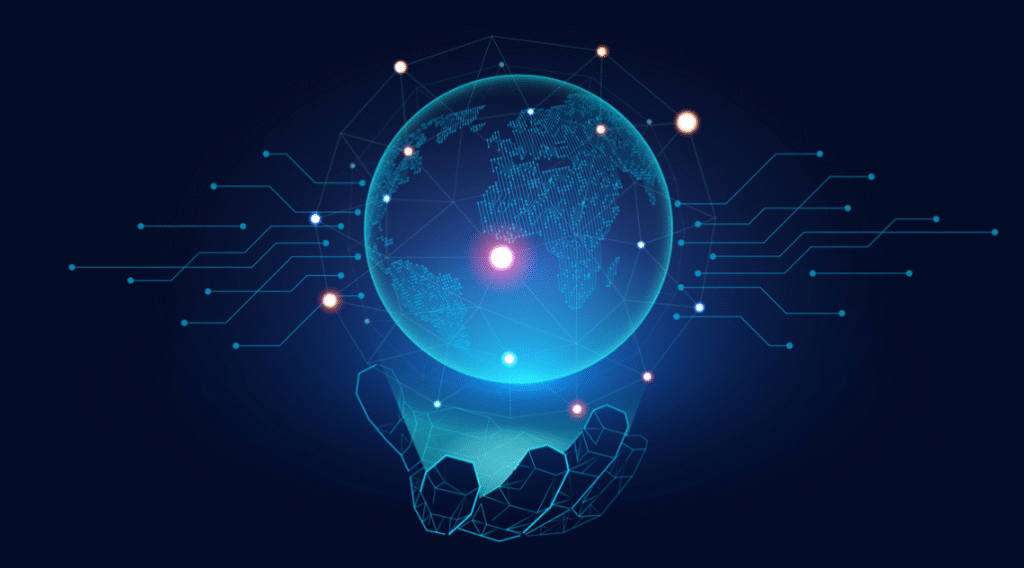The world is changing at an unprecedented pace, and much of that transformation can be attributed to disruptive innovations. These emerging technologies are not just altering how we live; they are redefining entire industries and reshaping the very fabric of society. From artificial intelligence to blockchain, each breakthrough brings new possibilities and challenges.
Examples of Disruptive Technologies
Consider the rise of artificial intelligence. AI has redefined processes in healthcare, enabling faster diagnoses through advanced algorithms. This technology is reshaping patient care and administrative tasks alike.
Blockchain is another game-changer. Initially known for cryptocurrencies, it now enhances security and transparency in supply chains, finance, and even voting systems.
The advent of 3D printing revolutionizes manufacturing by allowing rapid prototyping and customization. Industries can produce intricate designs on demand, reducing waste and costs significantly.
Electric vehicles are disrupting traditional automotive markets too. With the push towards sustainability, they’re changing how consumers view transportation while prompting manufacturers to innovate rapidly.
These examples illustrate just a fraction of how emerging technologies challenge norms across different fields—paving the way for future advancements that we have yet to fully grasp.
Impact of Disruptive Innovations on Different Industries
Disruptive innovations have transformed industries in ways we never imagined. In healthcare, telemedicine has revolutionized patient access to care. Remote consultations are now commonplace, leading to quicker diagnoses and treatment.
The retail sector feels the impact through e-commerce giants that challenge traditional brick-and-mortar stores. Consumers enjoy convenience and variety at their fingertips, forcing retailers to adapt or face obsolescence.
Transportation is another area witnessing seismic shifts. Ridesharing apps have disrupted taxi services while electric vehicles are reshaping our approach to mobility and sustainability.
Education isn’t left behind either; online learning platforms have democratized access to knowledge. Students from remote areas can enroll in courses offered by top universities worldwide.
Each industry grapples with these changes differently but must stay agile as emerging technologies continue to reshape our world.
Challenges and Opportunities for Businesses
Businesses face a dual-edged sword when navigating emerging technologies. On one side, disruptive innovations can render traditional business models obsolete overnight. Companies must adapt quickly or risk being left behind.
However, these same technologies present vast opportunities for growth and efficiency. Automation and AI streamline operations, freeing up resources for innovation. Companies that embrace change can tap into new markets and customer segments.
The challenge lies in balancing investment with the uncertainty of adoption rates. What works today may not work tomorrow as technology evolves at breakneck speed.
Yet those willing to invest in research and development often find themselves reaping significant rewards—enhancing their market position while driving industry standards forward.
Ethical Considerations Surrounding Disruptive Innovations
As emerging technologies reshape our world, ethical considerations take center stage. Innovations like AI and biotechnology can enhance lives but also pose significant moral dilemmas.
Privacy concerns arise when personal data is collected en masse. The balance between innovation and individual rights often tips toward exploitation rather than empowerment.
Equity in access to these technologies presents another challenge. Not everyone benefits equally from disruptive innovations, which can exacerbate existing inequalities.
Accountability remains a pressing issue. Who holds responsibility when technology fails or causes harm? These questions demand urgent attention as society navigates the complexities of rapid technological advancement.
Predictions for the Future of Emerging Technologies
Emerging technologies are set to redefine our everyday lives in remarkable ways. As artificial intelligence evolves, we can expect smarter machines capable of making complex decisions with minimal human intervention.
The rise of quantum computing promises unprecedented processing power. This could revolutionize fields like cryptography and drug discovery, accelerating advancements that were previously thought impossible.
Sustainability will also take center stage. Innovations in renewable energy technology aim to reduce reliance on fossil fuels while improving efficiency across various sectors.
Biotechnology is poised for breakthrough developments. Personalized medicine may become mainstream, allowing tailored treatments based on genetic profiles—creating a new era in healthcare that prioritizes individual needs effectively.
Conclusion
As we navigate through the landscape of emerging technologies, it’s clear that disruptive innovations are not just buzzwords; they represent a seismic shift in how we live and work. The impact on industries is profound, reshaping everything from healthcare to finance and manufacturing. Businesses face both challenges and opportunities as they adapt to this new reality.
The role of government cannot be overlooked either. Regulatory frameworks must evolve alongside these technologies to ensure safety while fostering innovation. Ethical considerations also come into play, prompting discussions around privacy, equity, and the societal implications of rapid technological change.

